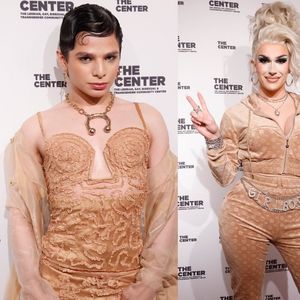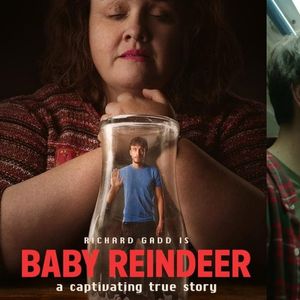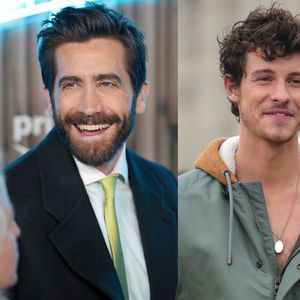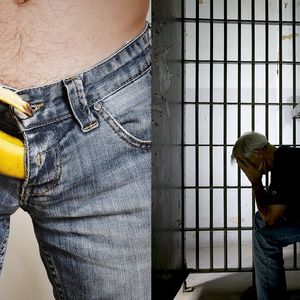Needing permission to use the bathroom, go from one room to another, or even cross to the other side of a room. Being disciplined by solitary confinement in a tiny space with a thin pad to sleep on and a bucket in which to relieve yourself. Or, perhaps, receiving punishment by having your bottom whipped with a leather strap by an adult staff member.
These are among the conditions endured by young people sent to Escuela Caribe, an evangelical Christian reform school in the Dominican Republic for LGBT and other "problem" teens. The school is the subject of a new feature-length documentary film, Kidnapped for Christ, which is being test-screened Saturday at the Sacramento International Gay and Lesbian Film Festival.
The film, directed by Kate Logan, focuses on David, a straight-A student from Colorado who was sent to Escuela Caribe in May 2006 after he told his parents he was gay. It features interviews with other former Escuela Caribe students as well, including Julia Scheeres, whose 2005 memoir Jesus Land details the abuse she suffered in the 1980s at the school, which Scheeres calls a dumping ground for the children of wealthy evangelicals.
Kidnapped for Christ is a far cry from the film Logan originally intended to make. The first-time director, who describes herself as a former evangelical Christian, first heard of Escuela Caribe when she went on a missionary trip to the Dominican Republic in 2004. The staff told her it was a school for young people with problems -- runaways, juvenile delinquents, drug addicts. A couple of years later, when she was a film student at Biola University, a Christian school near Los Angeles, she decided Escuela Caribe would make a good subject for a short documentary. She received access to film at the school for seven weeks in the summer of 2006.
"I totally had a different idea of what the school was," Logan says. What she witnessed at the school, along with her reading of Scheeres's book, convinced her that its mission was not to offer compassionate assistance to teens with serious problems but rather to break their will in the name of making them model young Christians. "The whole philosophy was to take away any modicum of control the students had," she says.
About 50 students were at the school while she was filming. They had been sent there by their families for a variety of supposed transgressions -- and being gay, lesbian, bisexual, or transgender was certainly considered a transgression. Logan says she's not sure how many students were LGBT, as they were forbidden to discuss those matters, although a few, such as David, confided in her.
David, like many young people at Escuela Caribe, had been taken from his home, without notice, under cover of night, and had not been told where he was going or if he would ever return -- in essence, kidnapped. While at the school, the students often did backbreaking but otherwise meaningless physical labor, and they found that all their actions were controlled by the staff, Logan says. And the use of corporal punishment was commonplace.
 Left: director Kate Logan
Left: director Kate LoganLogan emphasizes that Escuela Caribe is one of many such schools, part of a $2 billion industry, operating with little or no oversight from any government to monitor educational quality or basic student safety. "I want people to be aware that this is a problem, and it's a problem we can do something about," she says. She hopes audiences will call on governments to hold these schools accountable.
Escuela Caribe, she notes, is under different management now than when she filmed there, but she remains skeptical about the school's mission. "I don't think there's any reason to have a 'therapeutic' boarding school," she says.
The experience also helped make Logan skeptical of religion; she says she is no longer a Christian, evangelical or otherwise. Her beliefs changed gradually over a lengthy period, she says, but what she witnessed at the school definitely figured in the process. "I'd say that my observations and experiences at Escuela Caribe played a significant role in my transition away from organized religion," she says. "After hearing so many staff members at the school proclaim that God had called them there and that God's hand was at work through the school, and then seeing them verbally and physically abuse children, I simply could no longer believe that I myself was capable of hearing from God. If these people could be so wrong, how could I have faith that I could hear God and not also be so wrong? That was really the beginning of the erosion of my Christian faith."
Logan wants to make other films that deal with LGBT issues and religion, she says: "I'm really interested in the struggles of people who are LGBT and are trying to keep their faith." She is straight and married, but she is a strong LGBT ally, with a sister who is bisexual.
Before directing other films, though, she's looking for other "day jobs" -- she just finished working as a coordinator on an episode of PBS's Independent Lens -- and putting the final touches on Kidnapped for Christ.
What audiences see in Sacramento will be a finished product, she says, but it may need some sound work or color correction, and she and her team are raising funds for that. They had a successful IndieGoGo campaign to raise production money, and donors who wish to contribute now can go through the International Documentary Association, she says.
Also helping to raise funds is former 'N Sync member Lance Bass, who recently signed on as an executive producer. He came to the project because he was acquainted with another of the executive producers, actor and erstwhile Real World cast member Mike C. Manning, and has "kind of been a champion for the film," Logan says.
Logan adds that she hopes those who attend the Sacramento screening will offer feedback that will help her market the film; she'd like for it to get a distribution deal for either television or theatrical release. But most of all, she wants to raise awareness.
"The number one thing is that Escuela Caribe is just one of a number of these schools," she says. And that constitutes a problem, she adds, but "it's a solvable one."
Kidnapped for Christ will screen at 2 p.m. Saturday at the Crest Theater in Sacramento; click here for tickets. For more information about the film and making donations, go here. And watch the trailer below.
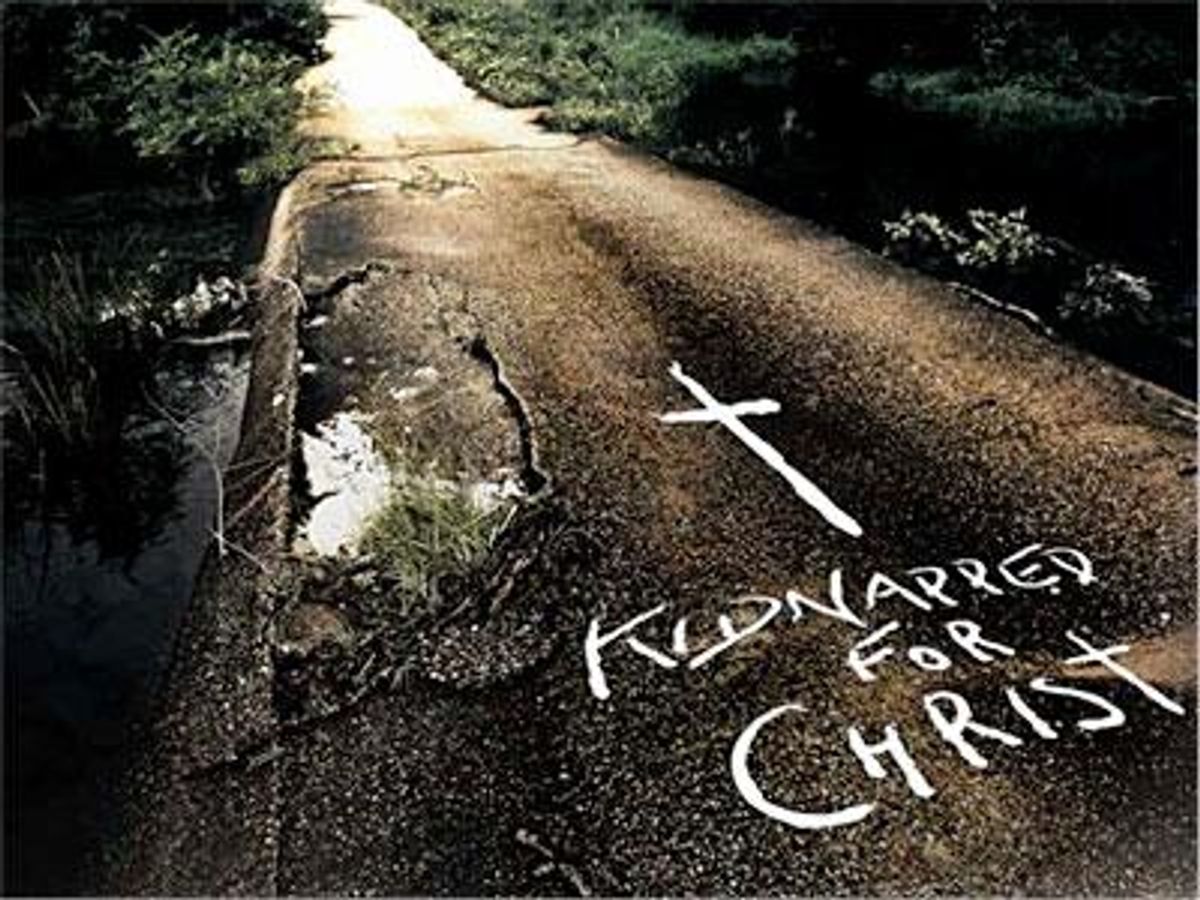

 Left: director Kate Logan
Left: director Kate Logan
































